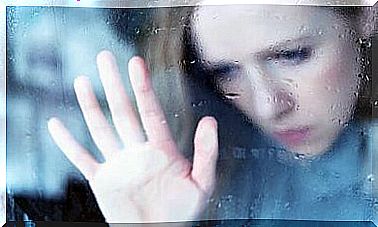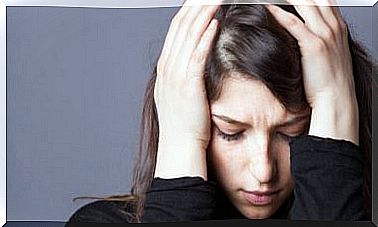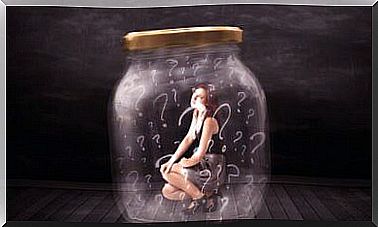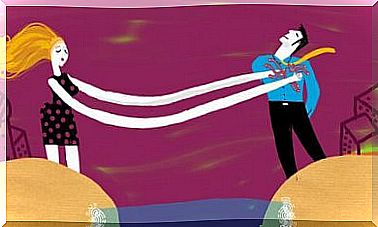Antidepressants And Alcohol: What Are The Dangers?
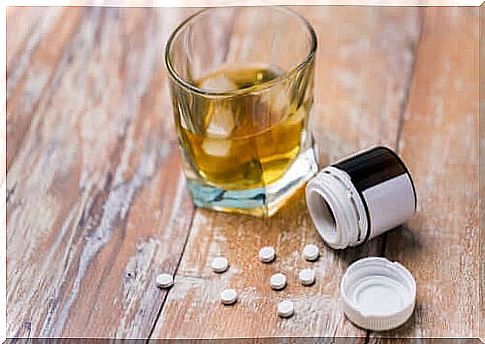
Many ask themselves how certain drugs interact with alcohol. Antidepressants and alcohol are no exception.
When it comes to these two, it is important to remember that both are psychoactive substances that can have serious effects on your body.
In addition, it is about two substances that are too often intertwined in today’s society. It is not uncommon to meet people who are being treated for depression who drink alcohol or alcoholics who suffer from depression.
Therefore, it is also important to learn more about what can happen if you combine the two substances. Read on to get the answer.
What is alcohol and how does it work?
When we talk about alcohol, we are in fact referring to ethanol or ethyl alcohol. It is the only type that is actually drinkable. Alcohol is a psychoactive substance found in such beverages as wine, beer, liqueur and spirits.
How does it affect your body? It attenuates the central nervous system. More specifically, it inhibits the GABA-A receptors for the neurotransmitter GABA (gamma aminobutyric acid).
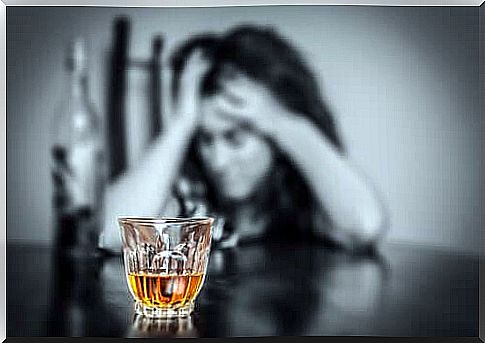
Here are some of the effects that overconsumption can have:
- Restraint combined with euphoria
- Drowsiness
- Dizziness
- Slower reflexes
- Slower movements
Alcohol affects the same neuroreceptors as many psychotropic drugs. Consequently, they often have several similar effects.
An example of common drugs that have alcohol-like effects are benzodiazepines, which are sedatives.
Antidepressants and alcohol
In general, doctors and pharmacists recommend never mixing drugs with alcohol. This call applies even more to antidepressants and alcohol.
As we pointed out earlier, some antidepressants activate the same nerve pathways as alcohol.
This means that a combination of them actually strengthens their effect and has a much stronger interacting effect on your body.
The most serious of these effects is severe attenuation of the central nervous system. This can lead to increased depressive symptoms, in addition to increasing restraint and aggressive, uncontrollable behavior.
A combination of these substances can also enhance the following effects:
- Decreased awareness.
- Increased drowsiness.
- Reduced coordination and control over the body.
- Slower reflexes.
- Impaired memory.
When you mix antidepressants and alcohol, you also increase the psychotropic effect on the brain. The reason for this is that certain antidepressants, such as MAO inhibitors, stop the burning of alcohol in the liver.
In other words, the liver can not break down alcohol and other substances, which gives rise to an increased effect on the central nervous system.
Another significant synergistic effect of antidepressants and alcohol is significantly increased side effects. Among many other effects, you may notice changes in your sleep pattern.

Antidepressants as a treatment for alcoholism
Alcoholism is a complex condition in which many different factors come into play. As we mentioned earlier, there is a strong link to depression.
In fact, many doctors prescribe psychotropic drugs, such as antidepressants and antidepressants, to treat the symptoms of alcohol dependence.
Studies have also been designed to show that people can overcome their nicotine addiction with the help of antidepressants. Some of the drugs used are trazodone, venlafaxine and fluoxetine (Prozac).
Selective serotonin reuptake inhibitors (SSRIs) have been shown to have some effect in the treatment of withdrawal symptoms during alcohol withdrawal. Furthermore, it is believed that they can curb desire.
Antidepressants are also used for people who experience depressive episodes while being treated for alcohol dependence. In fact, it is very common for individuals to struggle with depression and alcoholism at the same time.
It is extremely complicated to treat such patients.
As you can see, concomitant use of antidepressants and alcohol can have serious consequences.
Therefore, it is important to obtain information about these substances to avoid problems that may arise when using them together.
If you are being treated with any form of medication, always follow your doctor’s instructions and ask about anything you are wondering about.

